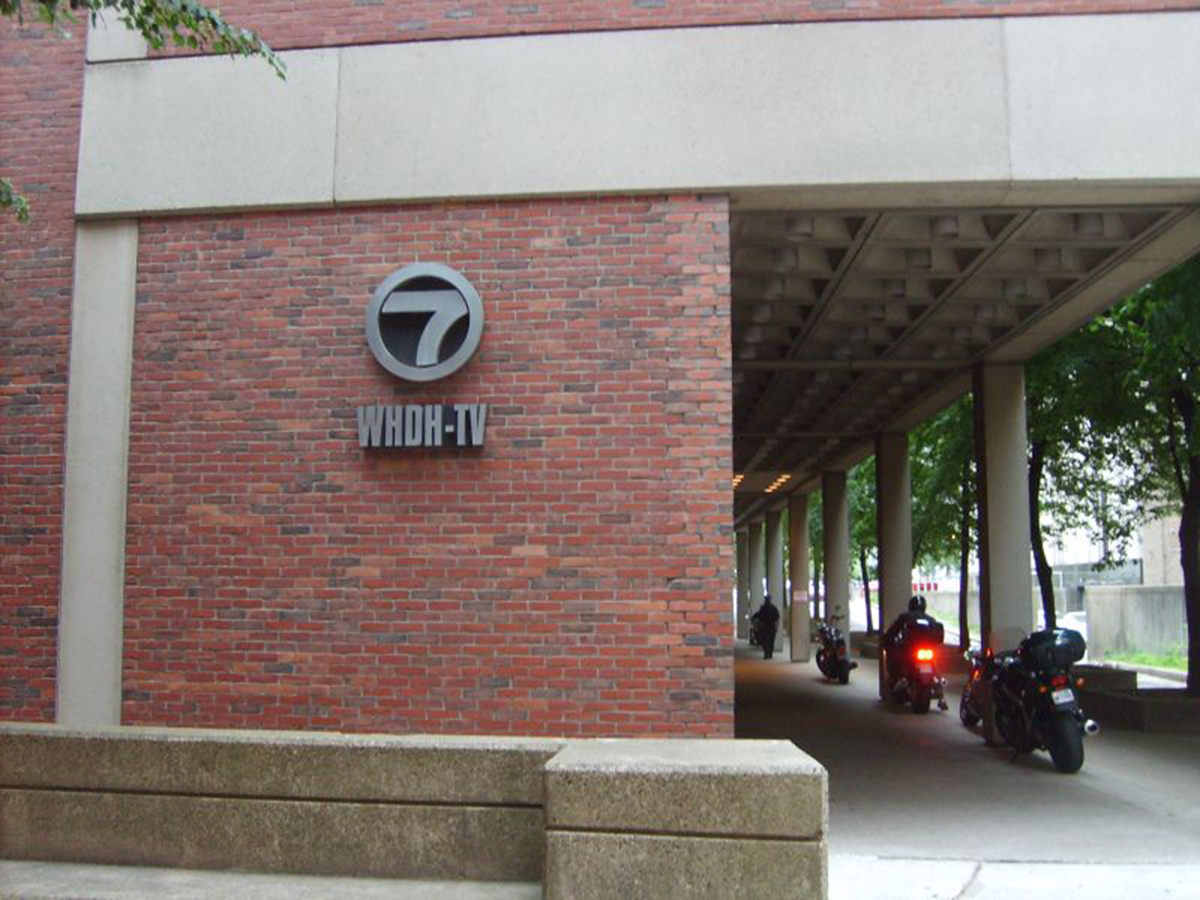WHDH Is Filing a Lawsuit Against Comcast

WHDH by Patrick Mannion via Flickr Creative Commons
It’s official: WHDH and Comcast are going to war.
WHDH filed a lawsuit in federal court on Thursday, claiming Comcast’s push to move all NBC programing from WHDH Channel 7 to a newly formed Boston station in January 2017 is a violation of antitrust laws. The lawsuit aims to stop the creation of the new NBC Boston affiliate, but stops short of asking for specific damages for allegedly violating its contract with WHDH and other non-NBC affiliates.
In January, Comcast announced it was ending its relationship with WHDH to form a new NBC Boston affiliate on Southern New Hampshire station WNEU 60. The move was not well received by WHDH owner Ed Ansin, who vowed at the time to fight them on consumer interest grounds. Ansin has long resisted NBC’s efforts to take over WHDH and start their own station in the market, but the already-sour relationship between the two worsened when Comcast acquired a controlling stake in NBC in 2011.
WHDH’s parent company, Sunbeam Television Corporation, owns just three stations in the entire country, making it a rarity in a major market like Boston. Sunbeam also owns owns WSVN-TV, a Fox affiliate in Miami and WLVI, a CW affiliate in Boston.
Ansin has fought with NBC over primetime lineup changes before, most notably when NBC launched Jay Leno’s failed 10 p.m. show, but this battle is different. Ansin contends that WHDH’s over-the-air signal is bigger and stronger than the one NBC plans to replace it with, depriving non-cable viewers of programming and forcing them to possibly subscribe to Comcast cable.
“Channel 7’s claims are based upon Comcast’s January announcement that it intends to terminate its 22-year relationship with WHDH as NBC’s Boston affiliate at the end of 2016 and make its cable station New England Cable News the home of its new Boston station. At the same time Comcast announced that it would broadcast its new station over the air from WNEU-TV, a Telemundo station located in Merrimack, New Hampshire. WNEU’s signal does not reach nearly 4 million greater Boston residents who currently receive WHDH’s signal, including residents in primarily minority communities such as Roxbury, Dorchester, Mattapan and Brockton. Most of those residents would have to purchase cable service from Comcast if they want to keep receiving NBC programming,” said WHDH in a statement posted on its website.
The decline in over-the-air live television viewing has weakened one of Ansin’s biggest arguments. Part of WHDH’s value, at least for Ansin anyway, is in its over-the-air signal strength, something NBC has repeatedly downplayed. At first glance, Ansin’s biggest hope for legal victory appears to be rooted in the portion of the lawsuit that contends NBC’s move to create its own station is a breach of contract, not an anti-trust violation.
According to a Boston Globe interview, Comcast reportedly offered Ansin $200 million for a piece of WHDH in the fall, but he balked at the price, calling it too low. NBC countered that they offered an even lower price for the station’s signal. An email to Comcast for comment has not been returned. Ansin has vowed to make WHDH an even stronger and better news station if Comcast prevails in the legal battle.
No court date has been set.
Read the entire lawsuit below:


